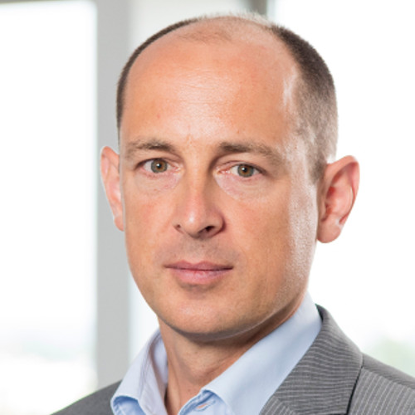Technology and Economics of Multimodal Energy Systems – lecture
Course No: 18-st-2060-vl
Dates and Time
The lecture is held on Wednesdays from 13:30 to 17:00 Room S207/167
The lecture generally takes place every 14 days.
The exact dates will be announced in Moodle.
Contents: Energy economical framework, structures of multimodal energy systems, investment and costing, energy trading, sources for flexibility including storage, regulation, sustainability, social acceptance and stakeholder interests.
Learning goals: The students understand the structures of energy supply systems including electricity, primary energies, heating, cooling, transport and water desalination. They master the underlying principles for the design of energy systems for buildings, sites, cities and countries and are able to assess their adequacy for different international locations considering costs, environmental impact and social acceptance
The students assess the economic viability of investments in energy asssets using new present value and annuity. They master the fundamental functionning of energy markets and different forms of trading and settlement for energy transactions.
Based on an analysis of the impact of an increasing share of renewables in the system, the students compare the technology of different sources for flexbility including demand-side-management, different technologies for storage and for the coupling of different modes of energy. Storage technologies include batteries, pumped hydro, hydrogen and inertia. Multimodal coupling technologies include power-heat, heat-cooling, power-heat-water and industrial processes.
Energy systems are subject to numerous laws and regulations. Therefore, the students analyse different elements that define the regulatory framework such as feed-in tarifs, tax incentives, credit programs, quotas and certificates.
The regulations are the result of societal processes. Therefore, the students analyse the different interest groups, origins and impact of public opinion and the perception of risk. By the means of a simulation game, the students understand the dynamic interdependencies between stakeholders and develop possible societal solutions in a workshop, in which student teams play the roles of different stakeholders.
Prerequisite for participation: A completed Bachelor in any of the following subjects: electrical engineering, mechanical engineering, mechatronics, environmental sciences, business administration/electrical engineering (Wirtschaftsingenieurwesen-Elektrotechnik und Informationstechnik).
Prerequisite for achieving Credit Points: Pass module final exam, this may be held for more than 20 candidates as a written examination, otherwise in oral form. As well as the active participation in a simulation game, which will be take place on the last date of the lecture.
Exam date: Will be announced on Moodle
Literature:
- All slides of the lecture will be available for download
- https://book.energytransition.org/
- https://www.agora-energiewende.de/fileadmin2/Projekte/2018/A_word_on/Agora_Energiewende_a-word-on_flexibility_WEB.pdf


